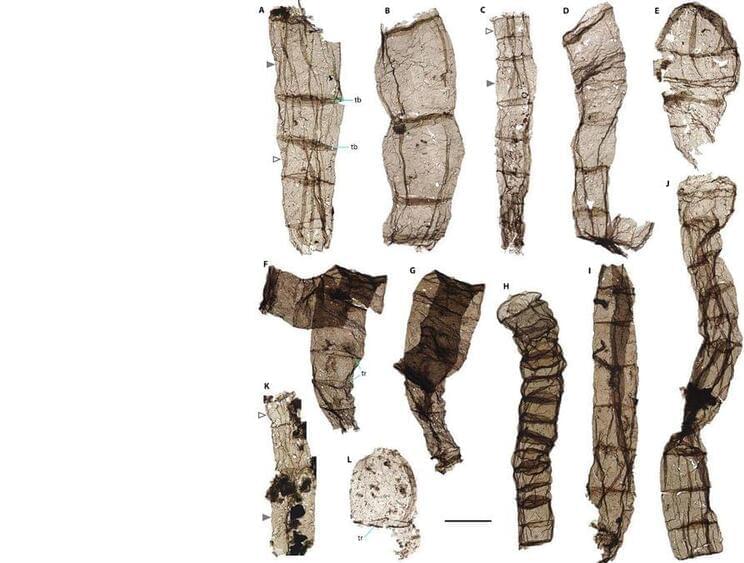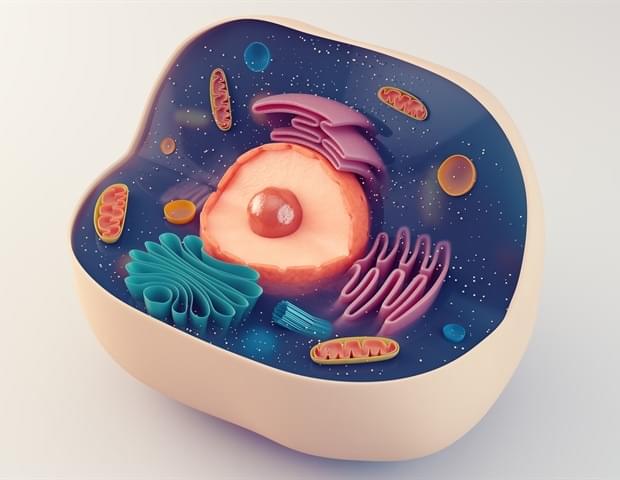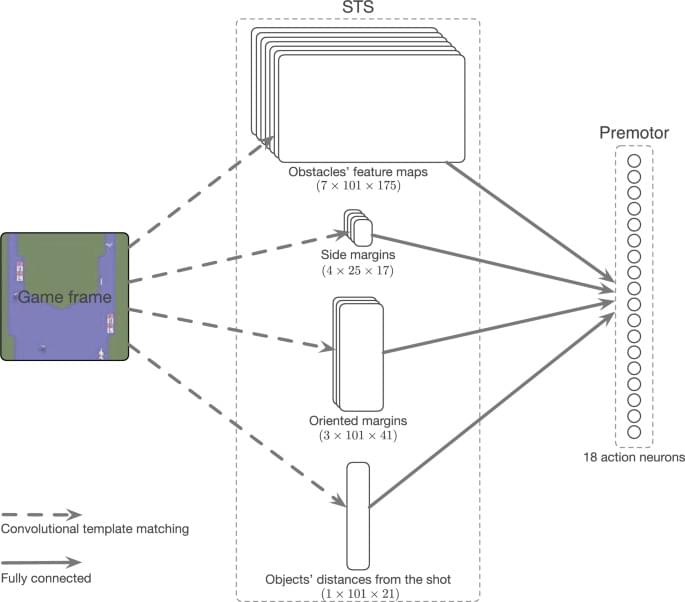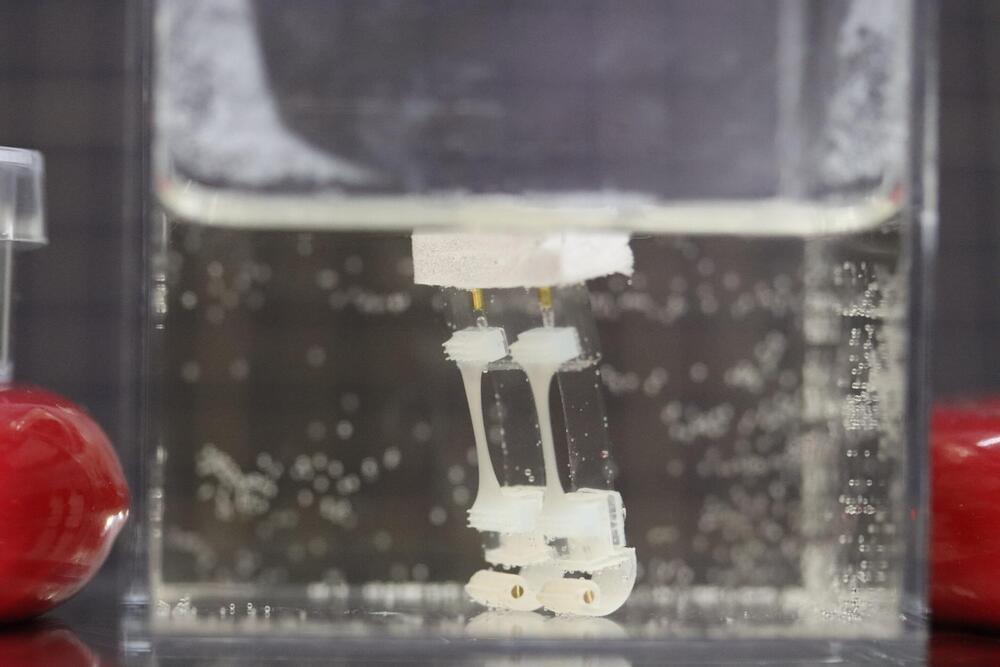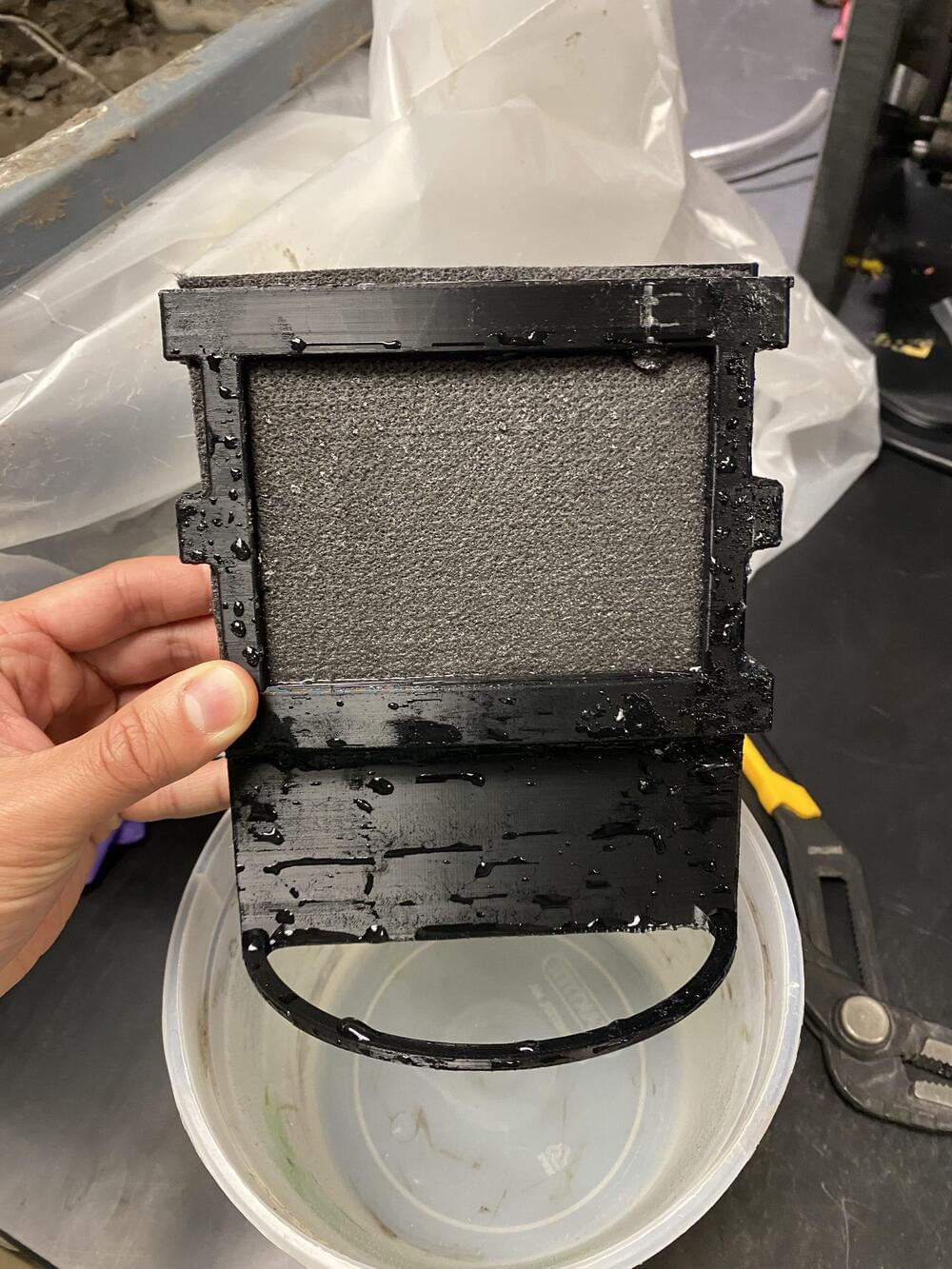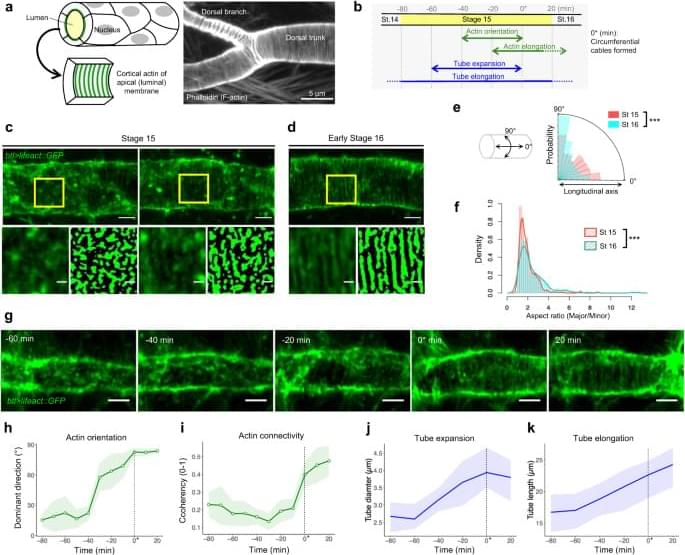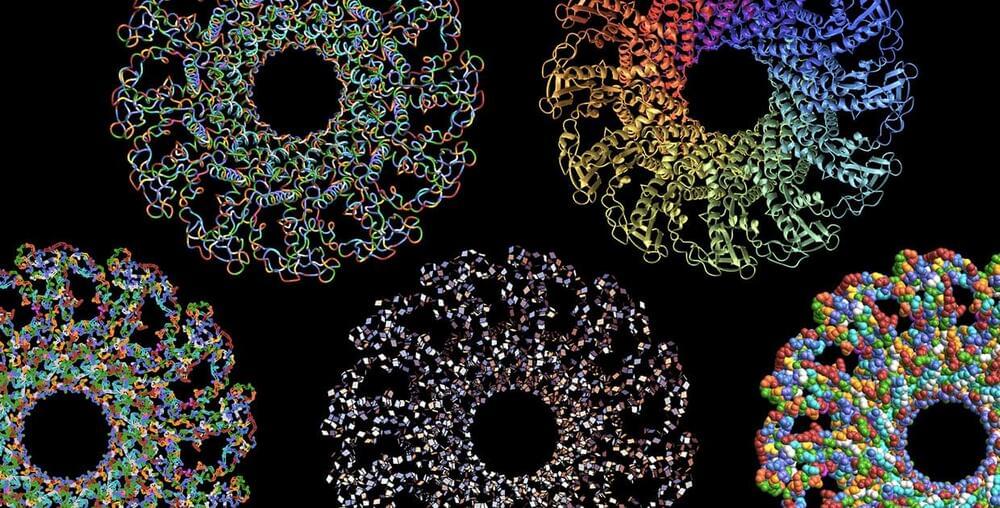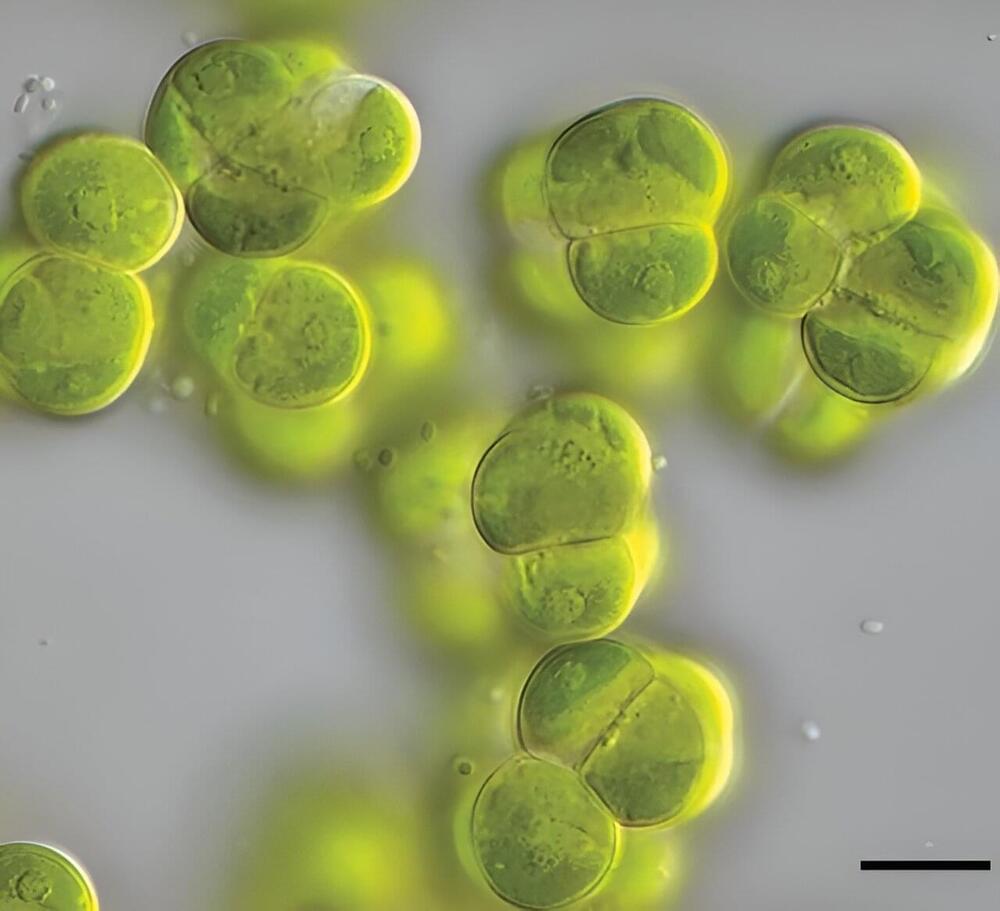Jan 29, 2024
1.6-billion-year-old Fossils Push Back Origin of Multicellular Life by Tens of Millions of Years
Posted by Dan Breeden in category: biological
The study shows that analyzing ancient organisms can help unravel the evolutionary history of life on Earth, Craig said.
“Positively identifying any fossil over a billion years old is inherently challenging. For example, the oldest dinosaur fossils are only about 250 million years old, and the ones in this study are almost seven times older,” he said. “That’s why research such as this is exceptionally difficult, but highly rewarding, and when conclusions such as the ones in this study can be reached with high confidence, it represents a significant discovery.”
